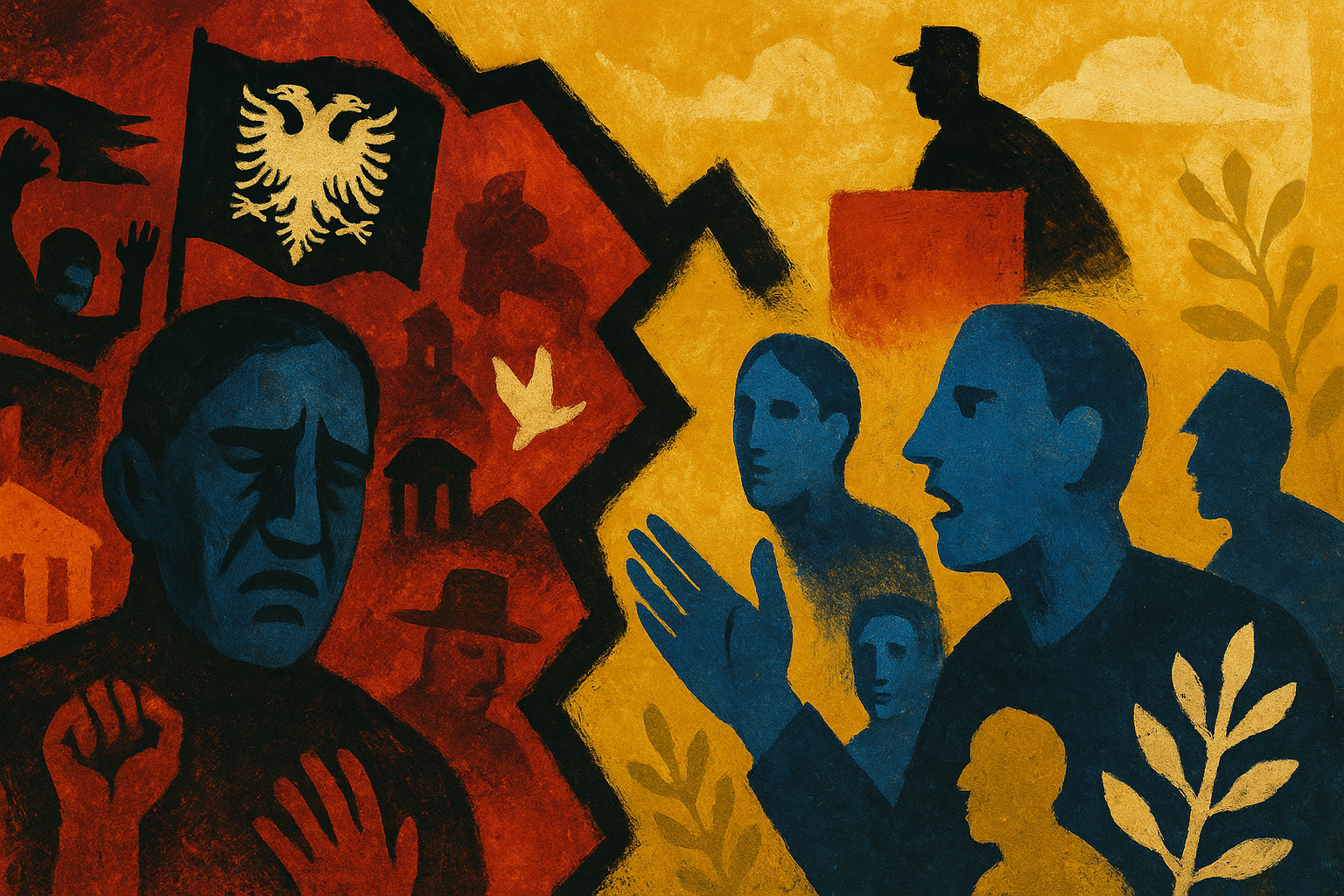
The lies we inherit
Reckoning with my family’s colonialism in Kosovo.
I highlighted the Serbian civilians killed in NATO’s bombing but did not utter a word about the oppression Kosovar Albanians had endured at the hands of the Serbian state.
I was horrified to realize my ancestors had participated in the very oppression I was fighting against.
It is not our fault that our ancestors participated in such oppression, but it is our responsibility to acknowledge the pain caused and work to mend the divides that our ancestors benefited from.

Anon.
The author has requested to remain anonymous. For some particularly sensitive or highly personal topics, this is the only realistic way to get an important topic opened up and into public discourse.
DISCLAIMERThe views of the writer do not necessarily reflect the views of Kosovo 2.0.
This story was originally written in Albanian.